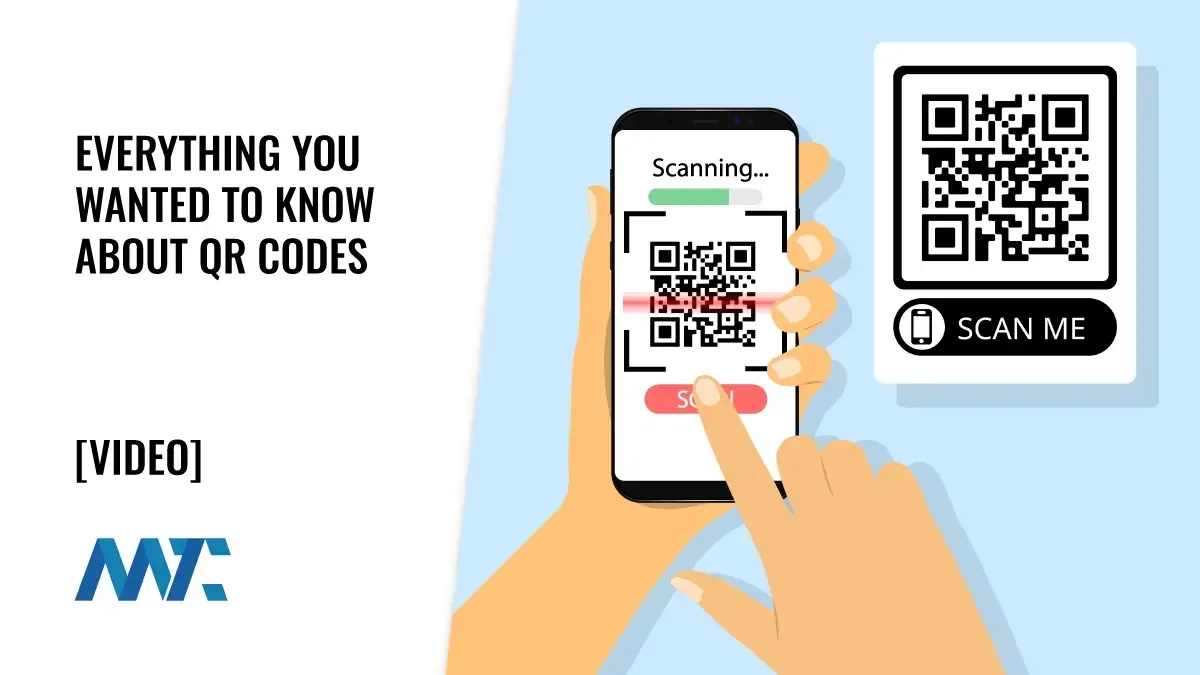Data often travels embedded within uniform resource locators (URLs) to reach its destination. However, not all characters play well within URLs’ strict rules. URL encoding is a translator that ensures smooth communication between web browsers and servers. I built a little application to help you URL encode or decode your data.
What is URL Encoding?
URL encoding is a mechanism that converts characters that aren’t allowed in a URL into a format safe for transmission over the Internet. It replaces these characters with percent signs (%) followed by two hexadecimal digits. For instance, a space becomes %20, and the ampersand (&) transforms into %26.
Why is URL Encoding Important?
- Maintaining URL Structure: URLs have a specific structure. Reserved characters like spaces, question marks (
?), and ampersands (&) have special meanings within a URL. If these characters are present in the data you’re sending, they could be misinterpreted, causing errors or unexpected results. - Security: URL encoding can help protect against certain web attacks, such as cross-site scripting (XSS). By encoding special characters, attackers can make injecting malicious code into URLs harder.
- Compatibility: Different operating systems and browsers may handle certain characters differently. URL encoding ensures consistent behavior across platforms.
How URL Encoding is Utilized
URL encoding is commonly used in the following scenarios:
- Query Strings: The part of a URL after the question mark (
?) often contains data passed between web pages. This data needs to be encoded to prevent it from breaking the URL structure or introducing security vulnerabilities. - Form Submissions: When you submit data through an HTML form, it is often encoded before it’s sent to the server. This prevents special characters from interfering with the form submission process.
- API Requests: Many web APIs require data to be passed as part of the URL. URL encoding is crucial to ensure the data is correctly formatted and transmitted.
URL Encode Example
Consider the following URL:
https://example.com/search?query=what is url encodingWithout encoding, the spaces in the query could cause problems. URL encoding transforms it into:
https://example.com/search?query=what%20is%20url%20encodingURL encoding plays a crucial role in ensuring the smooth functioning of the web. Replacing unsafe characters with their encoded equivalents helps maintain URLs’ integrity, enhance security, and ensure compatibility across different platforms. Whether you’re a web developer or a casual user, understanding URL encoding is a valuable skill for navigating the intricacies of the digital landscape.
Programmatic Functions for URL Encoding and Decoding
Here’s a table outlining common programming languages and their respective functions for URL encoding and decoding:
| Language | Encoding Function | Decoding Function | Notes |
|---|---|---|---|
| C# | System.Web.HttpUtility.UrlEncode(string) | System.Web.HttpUtility.UrlDecode(string) | Requires adding the System.Web assembly reference. In newer versions of ASP.NET Core, you can use WebUtility for similar functions. |
| Java | java.net.URLEncoder.encode(string) | java.net.URLDecoder.decode(string) | |
| JavaScript | encodeURIComponent(string) | decodeURIComponent(string) | Use encodeURI(string) for encoding entire URLs, but be cautious as it doesn’t encode characters like ?and &. |
| PHP | urlencode(string) | urldecode(string) | |
| Python | urllib.parse.quote(string) | urllib.parse.unquote(string) | |
| Ruby | CGI.escape(string) | CGI.unescape(string) | The CGI module is part of the standard library. |
Important Considerations:
- Percent Encoding: All these functions perform percent encoding, the standard method for URL encoding.
- Error Handling: Most decoding functions will raise errors if they encounter invalid encoded input. Include error handling (e.g.,
try-catchblocks) in your code to gracefully handle such situations. - Encoding Levels:
- JavaScript’s
encodeURIComponentis more strict thanencodeURI. UseencodeURIComponentfor encoding values within a URL (like query parameters), andencodeURIonly when encoding the entire URL itself. - Python’s
urllib.parse.quotehas optional parameters for controlling the level of encoding.
- JavaScript’s
